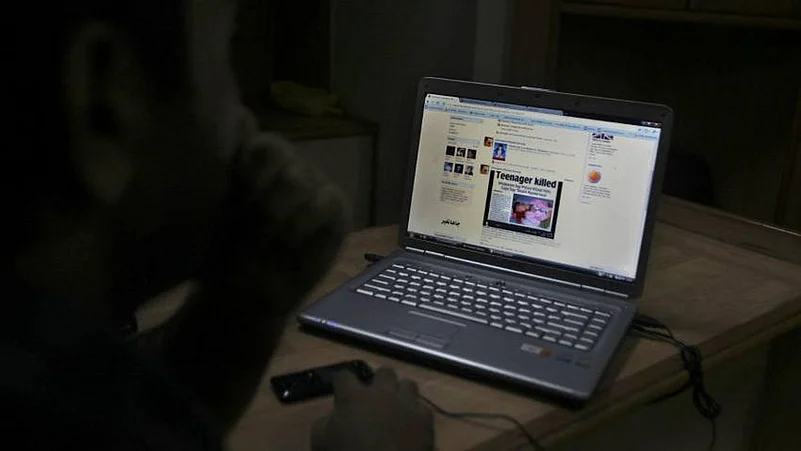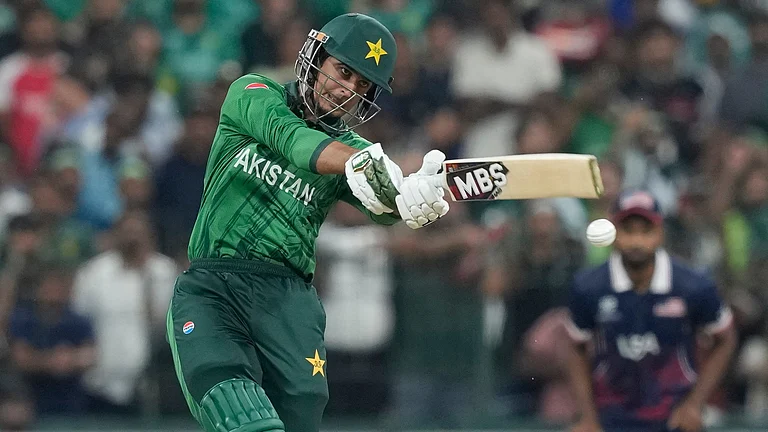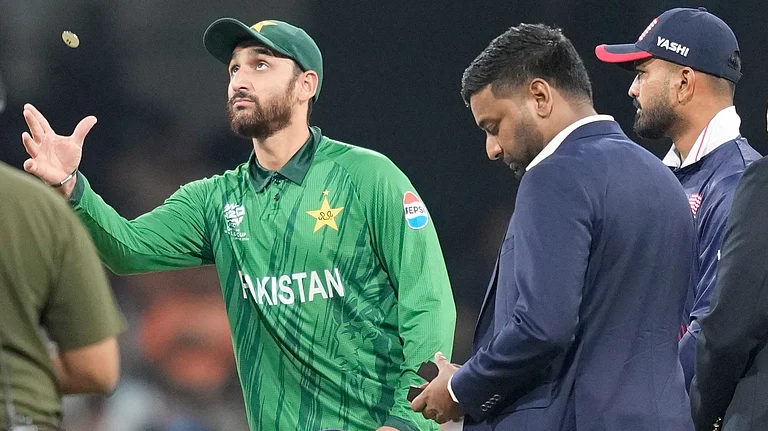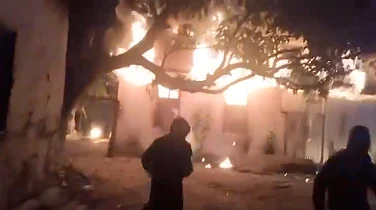Students in Kashmir staged a protest on Saturday asking the government to start regular classes for some courses. The students said that prolonged slow internet service in Jammu and Kashmir has made it difficult for them to continue with their education.
The students questioned that when the government has no issues with huge election rallies,
why it is objecting to offline classes.?"We are 30 students from the integrated course of the Cluster University Kashmir. We are not able to study properly. Online classes concept is doomed when you are having 2G service," says Muzaffer Ahmad Dar. Dar is one among the several students who held a protest on Saturday at the city centre Residency Road Srinagar.
"Every day we see a large number of election rallies. Thousands of people participate in these rallies. There is no concept of social distancing in such rallies. But when we ask that our regular classes be started, they come up with an excuse of Covid-19. We are 30 students in our course, we will adhere to all Covid-19 norms but please start offline classes for us," he said.
He said most of the online classes are conducted using only audio because with 2G internet speed, conducting video classes is impossible. He said even in the audio classes they are facing a lot of technical issues.
The students say often the internet remains shut in the valley especially in the South Kashmir region either due to elections or any other law and order related issues, making the online audio classes impossible.
Another student, Fayaz Ahmad, while speaking to Outlook alleged that the government has some personal issues with the students and they want this generation to remain ignorant of knowledge and education.
He said, “last year following the revocation of Article 370 there was complete lockdown and closure across Kashmir valley and this year because of Covid-19 a lack of internet facility has marred their education.”
He said the government should look towards other states where education and educational pursuits are facilitated and the off-line classes have started. "Our teachers are frustrated with this online education and they too want to give up. With 2G services, it is frustrating for all of us. Audio is not clear and there are issues of connectivity. You can't have practical classes through 2G internet online," he said. The students say it is better the government should start offline classes to rid them of frustrating online classes.
The Jammu and Kashmir administration has ordered the continuance of 2G internet services citing apprehension about the misuse of high-speed internet. This time the government has cited the district development council polls as an example saying that there are apprehensions of misuse of high-speed internet to disrupt the district development council and panchayat polls.
Early this year, the Jammu and Kashmir government invoked “very peculiar geopolitical position of Jammu & Kashmir and its geographical proximity with Pakistan” in the Supreme Court as one of the arguments not to restore high-speed internet in Jammu and Kashmir. The government also quoted Professor of Law and Public Policy, Pepperdine University, Gregory S. McNeal that “terrorist organisations have also begun to employ websites as a form of information warfare” in its defence. It had also said the right to access the internet is not a fundamental right.
On August 4, 2019, a day before the BJP government revoked Article 370 of the Constitution and bifurcated Jammu and Kashmir into two Union Territories, the government imposed a communication blockade. Gradually, the government restored communication but internet service was confined to 2G low-speed connectivity only.


























